Resolution #428
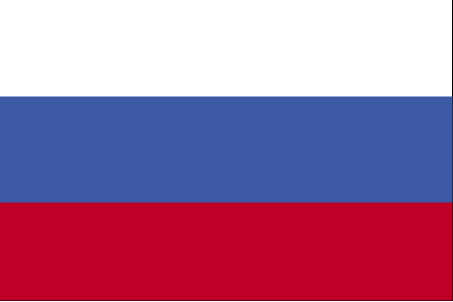 |
The question of mobilizing finance for sustainable development in LEDCs via fair trade agreements. |
| Committee: ECOSOC | |
| Main Submitter: Russian Federation | |
| Submitted: 14/02/2025 21:08 |
| Status |
|---|
| Passed cosubmitter sheet validation |
| Approved by approval panel |
| Selected for debate by secretariat |
| Passed by committee (ECOSOC) |
Options
Co-submitters
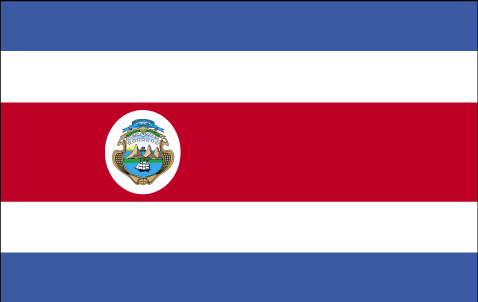 | Costa Rica |
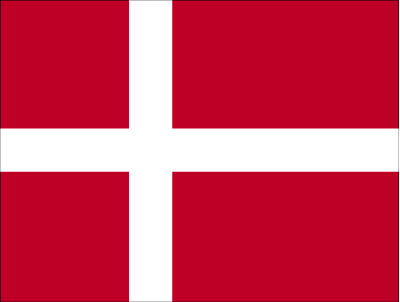 | Denmark |
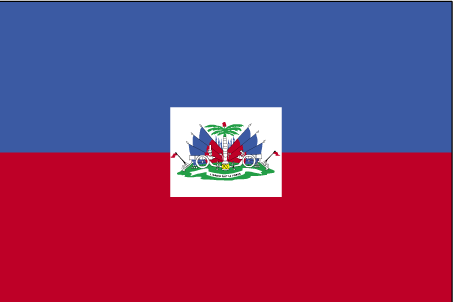 | Haiti |
 | Côte D'Ivoire |
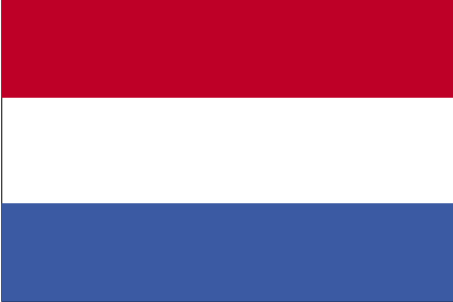 | Netherlands |
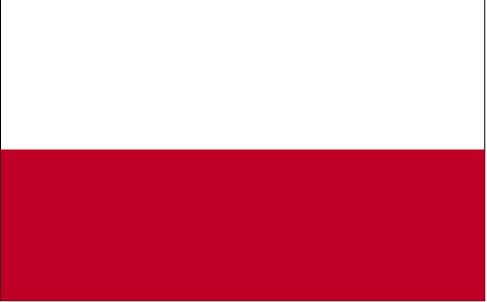 | Poland |
 | United Kingdom |
 | Pakistan |
 | Finland |
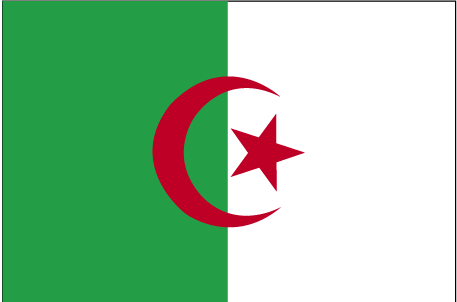 | Algeria |
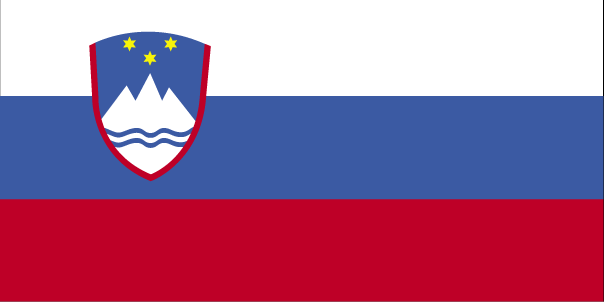 | Slovenia |
Resolution
FORUM: The Economical and Social Council
QUESTION OF: Mobilizing finance for sustainable development in LEDCs via fair trade agreements
SUBMITTED BY: The Russian Federation
CO-SUBMITTERS: Algeria, Costa Rica, Denmark, Finland, Haiti, Ivory Coast, Netherlands, Pakistan, Poland, Slovenia, UK, USA,
THE ECONOMIC AND SOCIAL COUNCIL,
Recognising the economic challenges faced by LEDCs, in achieving sustainable development due to limited access top financial resources,
Acknowledging that fair trade agreements have the potential to mobilize finance for sustainable development,
Emphasizing the importance of international cooperation in addressing the factors that hold Less Economically Developed Countries (LEDCs) back from participating in global trade,
1. Encourages the creation of a United Nations body called the United Nations Fair Trade and Development Body (UNFTDB) collaborating with the UN Development Programme (UNDP), the UN Conference on Trade and Development (UNCTAD), other relevant UN bodies and Member Nations with the aim of overseeing the funding and the implementation of this resolution while ensuring the development of Less Economically Developed Countries (LEDCs) through fair and equitable means such as;
a. the creation of a UN Development Fund for Sustainable Trade (UNDFST) with funding coming from the World Bank with the aim of:
i. assisting LEDCs in implementing the various clauses within this resolution
ii. providing funding to LEDCs to be put towards improving infrastructure for sustainable trade such as building green infrastructure like ports, roads and railways, sustainable development through means such as investing in agro-processing facilities to allow export of processed goods and investing in sustainable farming practises to facilitate exporting and local production
iii. providing technological and logistical support to LEDCs to assist them with engaging in trade
iv. providing low interest loans and grants for businesses within LEDCs through collaboration with Member Nations to scale operations without debt traps, facilitating importing and exporting
b. running Fair Trade capacity building programmes such as education, training and information programmes through workshops to teach businesses within LEDCs on how to compete fairly in global markets;
c. Ensuring implementation of this resolution in its entirety begins immediately upon its passing with full implementation before the year 2028 with possible deadline extensions on the advice of the UNGFTN and the executive action of the UNFTDB,
d. monitoring the implementation and success of a new Fair Trade Certification that builds upon the current system by Fair Trade International by including but still having more sectors than just agriculture, in particular sectors that are deemed to have high levels of slavery, poor working conditions, or other factors that would make the practices of of the businesses in the sector unethical, in sectors such as textiles, mining etc, by working with the World Trade Organisation (WTO), the World Bank, the International Labor Organisation (ILO), Fair Trade International, and all other relevant organisations, UN bodies and NGOs, to ensure that importers know that they are ethically sourcing their products from LEDCs and ensure that businesses partake and import goods from suppliers who are certified with this certification by:
- Using the funds available from UNDFST to provide grants, low-interest loans, and other financial incentives to both importers for choosing these ethically sourced products over other, unethically sourced, possibly cheaper alternatives, but also to exporters for choosing to produce goods ethically,
- Providing awards and public recognition to both importers and exporters who either source their goods from ethical sources, or produce their goods ethically, to enhance their public images and therefore give publicity to the certification.
2. Recommends the reformation and amendment of Fair Trade Policies by developed nations to encourage fair trade with LEDCs through:
a. revision, reduction and removal of trade tariffs and barriers imposed on LEDCs where deemed safe and possible, with an emphasis on old tariffs and embargos that are no longer necessary
b. halting provisions, loans and grants such as tied aid that take advantage of LEDCs
c. abolition of agricultural subsidies for LEDCs within their nation that create monopolies led by local companies
d. simplifying trade regulations for LEDCs’ products to remove bureaucratic trade barriers that limit market access while still requiring sufficient reviews of products to prevent the growth of illegal markets and goods and to prevent low quality goods from being imported
e. require fair wages and payments for businesses and staff from LEDCs ensuring corporation in developed nations follow ethical standards;
3. Calls for the expansion of UN-led fair trade agreements and the creation of the United Nations Global Fair Trade Network (UNGFTN), a framework prioritising LEDCs and ensuring they receive fair trade conditions through overseeing and creating guidelines, being overseen by the UNCTAD and UNFTDB by encouraging regional fair trade agreements in Africa, Latin-America and Asia and between LEDCs, other LEDCs, developed nations and MNCs (Multi-National Corporations) through:
a. overseeing and encouraging trade agreements between LEDCs and developed nations as well as MNCs, ensuring LEDCs receive favourable trade conditions as well as between LEDCs to reduce reliance on developed markets, avoiding unfair trade agreements and conditions
b. encouraging flexible trade agreements and trade tariffs where already applied for LEDCs in resource-based economies, ensuring they can export processed goods rather than just raw materials to avoid reliance on one good
c. ensuring equitable trade conditions for LEDCs, preventing price manipulation by ensuring LEDC exporters receive minimum fair prices and preventing exploitative trade agreements and financial aid;
4. Further encourages Public-Private Partnership (PPP) between UN bodies, the UNFTDB, Member Nations and private companies, with partnerships being led by Member Nations to prevent abuse of partnerships by private corporations with the aim of:
a. ensuring LEDCs have adequate access to energy, prioritising sustainable energy through partnerships between Member Nations and private companies through means such as investing in nuclear energy projects and investing in green energy like wind turbines with grants and subsidies being provides to private companies coming from the UNDFST
b. encouraging the development of modern and sustainable transport routes, methods and infrastructure such as roads, railway, airports and ports by private companies being overseen by the local government with grants being provided by the UNDFST
c. providing private companies with the resources and information required to begin exporting other goods such as processed food with the aim of diversifying exports, through collaboration with the UNDFST and the UNFTDB
d. creating new digital software with collaboration between Member Nations and private companies, allowing trade discussions and management as well as payments to be centralised;
5. Further calls for the creation of a dispute resolution system being overseen by the UNDFST, collaborating with other Member Nations with the aim of allowing LEDCs to report trade related issues such as exploitation and unfair conditions and agreements with a structured process for resolving disputes and conflicts, through LEDCs challenging trade agreements and submitting them, being dealt with through the system, through encouraging virtual discussions and talks between Member Nations as well as between private companies via messaging software and virtual meetings with a third party arbiter present, overseeing dispute resolution to negotiate fair practises, avoiding law suits, trade wars and conflicts;
6. Calls upon the Security Council to remove UN sanctions upon LEDCs that are deemed no longer necessary that inhibit their ability to engage in international trade.